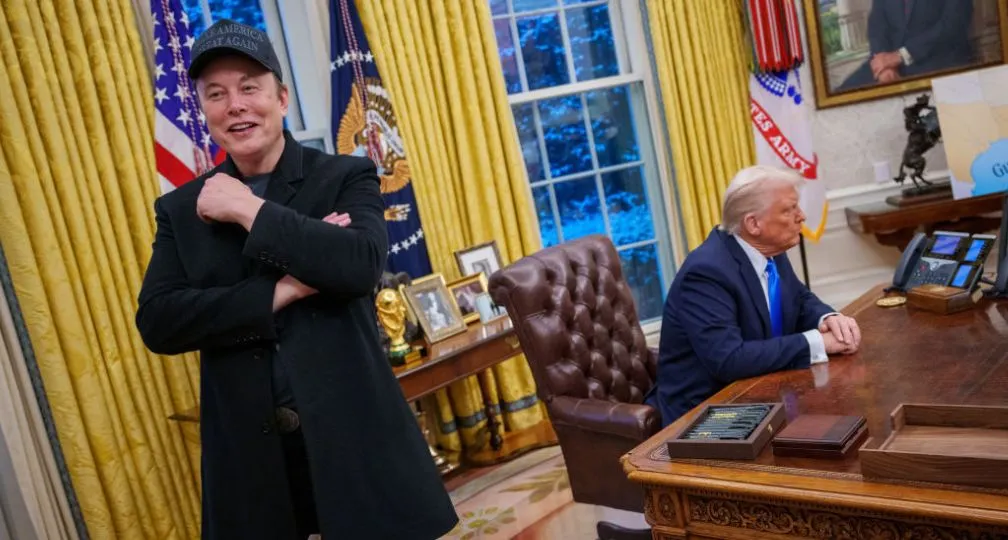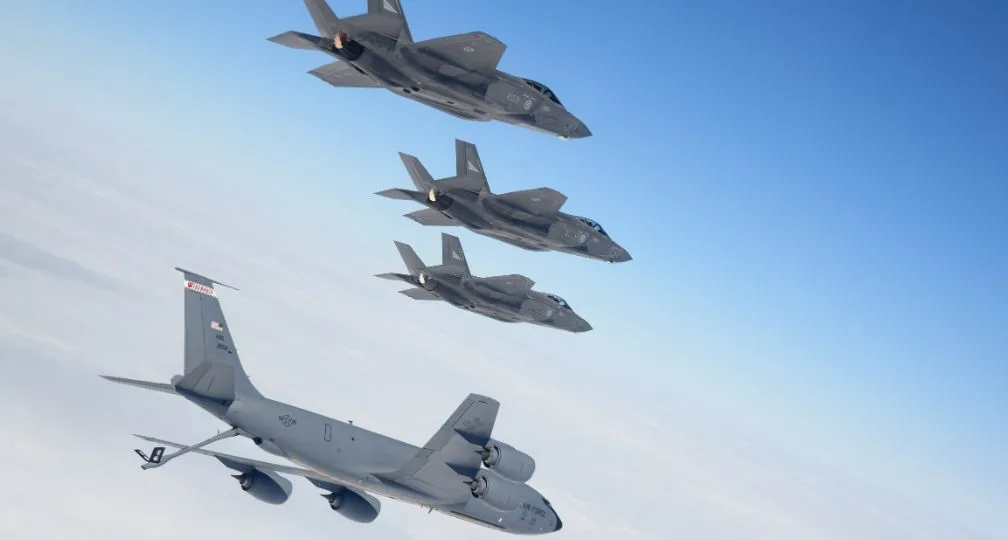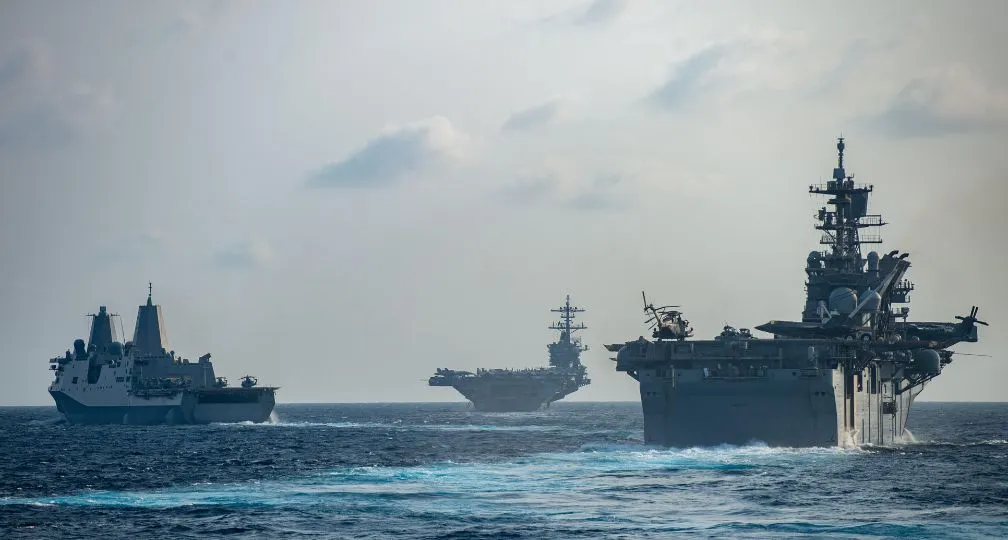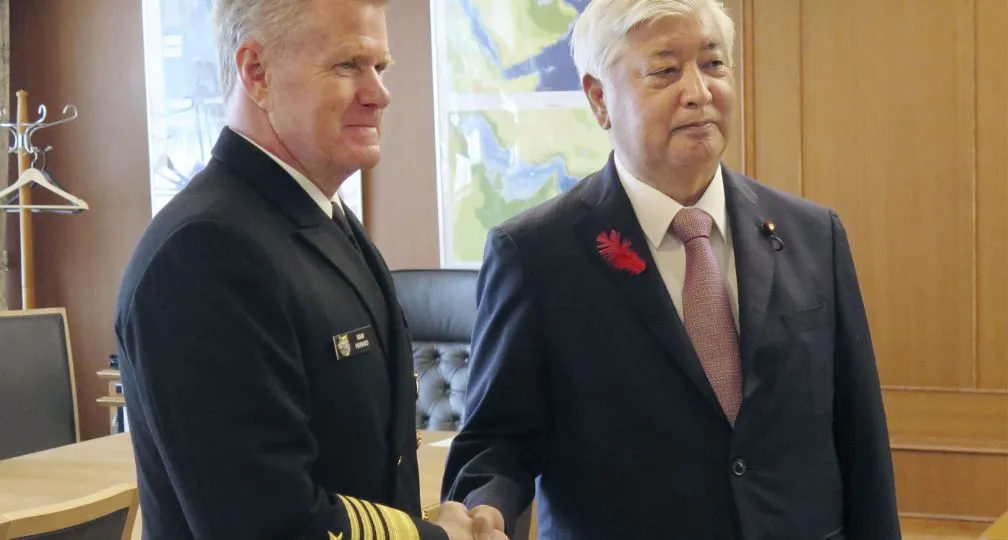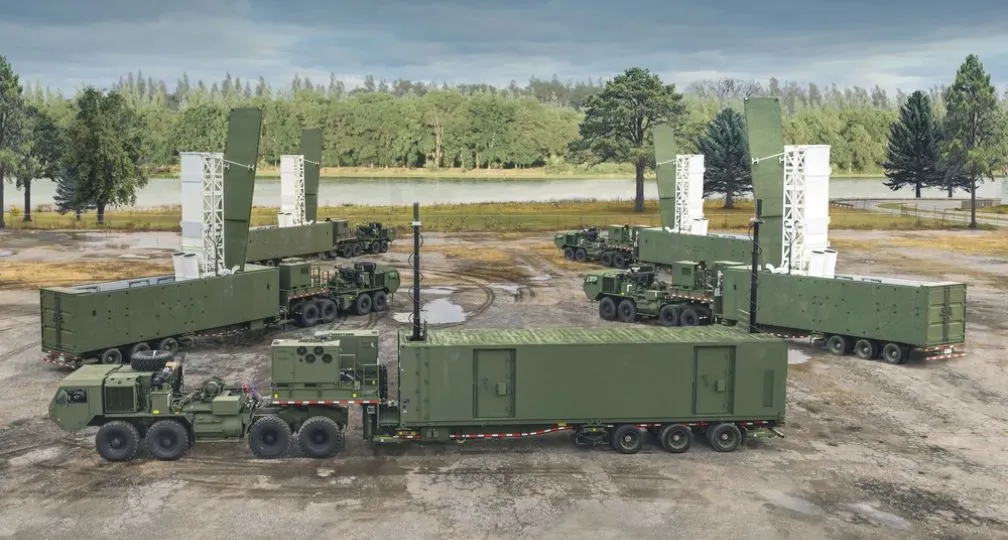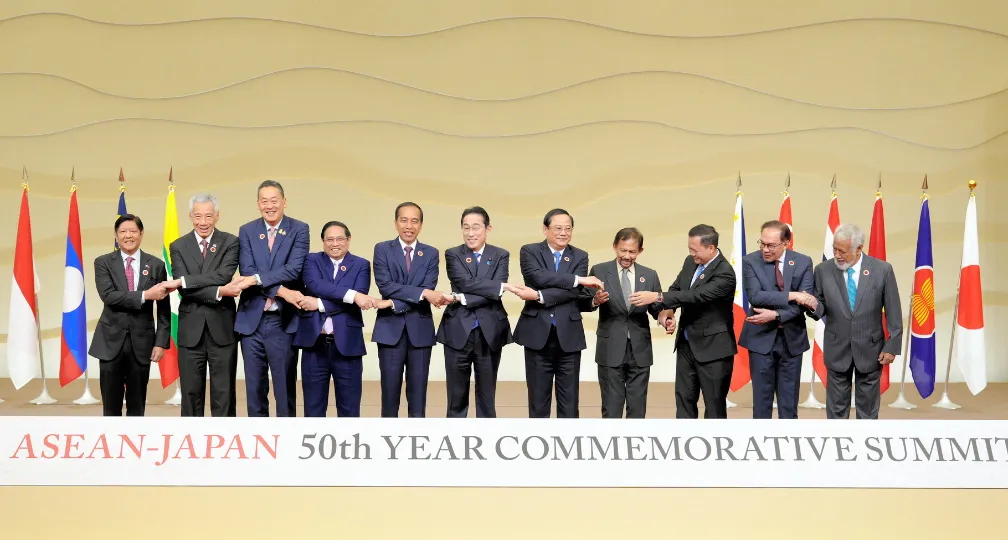How East Asia should prepare for a possible Trump comeback
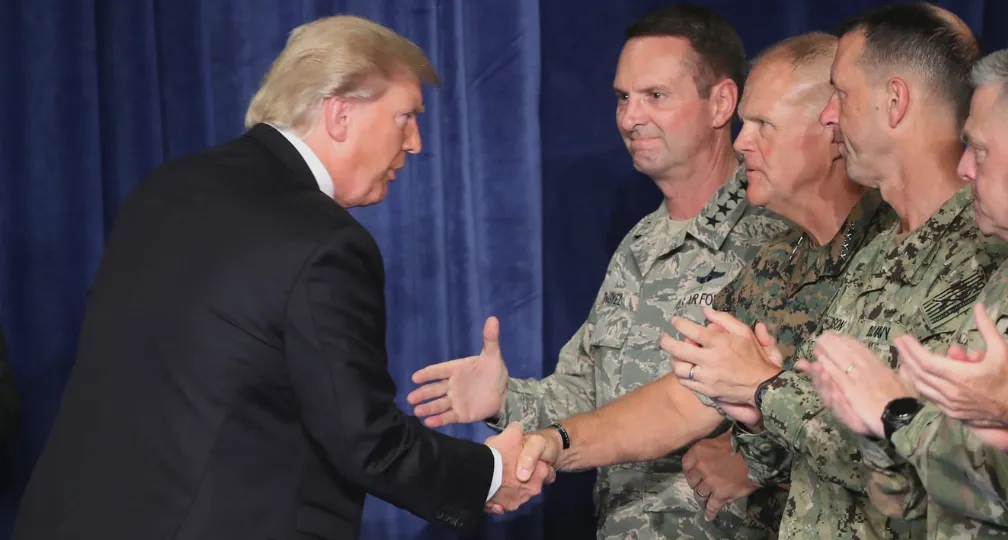
To say the least, if Trump gets elected and serves a second term, many American citizens, particularly government elites handling foreign policy, are certain to face stressful days. John Bolton, who once served as national security adviser to Trump during his presidency, wrote in his memoir “The Room Where It Happened: A White House Memoir” that soon after he arrived at the White House, Chief of Staff John F. Kelly gave him a warning. “You can’t imagine how desperate I am to get out of here,” Kelly said, according to Bolton’s memoir. “This is a bad place to work, as you will find out.”
Regardless of whether Trump is fit to be U.S. president or not, it is questionable in the first place whether a person who makes his immediate subordinate feel that way can be a good leader of any organization. And Trump is also likely to create chaos by making policy decisions based on misunderstanding. For instance, in 2019, when pressured to release $250 million allocated for military aid to Ukraine under the Department of Defense-led Ukraine Security Assistance Initiative (USAI), which was to expire by the end of that fiscal year, Trump — who had been criticizing other NATO states as being unfair for not spending more on defense — said that NATO should pay Ukraine $250 million in assistance, according to Bolton’s accounts, thus further delaying the decision.
The possibility of similar chaos happening regarding military aid for Taiwan, as well as burden-sharing in the Japan-U.S. and South Korea-U.S. alliances, can’t be denied. How should U.S. allies in East Asia mitigate uncertainties that could arise if Trump returns to the White House? In formulating an answer to this question, the most important point to keep in mind is that while alliances are becoming more important for the U.S. as its relative power declines, uncertainties over its actual military engagement in those regions are also increasing.
Alliances as a defense wall in Asia
The geopolitical realities in East Asia have offered Washington the benefit of maintaining the status quo. The U.S. signed bilateral alliance treaties with defense obligations with Japan and South Korea, and has forward-deployed forces in both countries. It has also been providing Taiwan with weapons for defense purposes under the 1979 Taiwan Relations Act that followed the breakup of the mutual defense treaty between Washington and Taipei.
The structure of such alliances and partnerships in East Asia has been of vital importance to providing security to U.S. allies in the region including Japan. But at the same time, from the perspective of the U.S., it has played a role from a long distance to prevent continental powers like the Soviet Union and China from expanding into the Pacific and threatening U.S. territories from the west. With this wall, the U.S. has avoided leaving its West Coast and Hawaii vulnerable to threats.
And the significance of the alliances has been growing more than ever, due to intensifying strategic competition between the U.S. and China — which was described in the 2022 U.S. National Defense Strategy as “the most comprehensive and serious challenge to U.S. national security.” Currently, China’s officially announced defense spending is less than that of the U.S., but it has a large potential to grow, with the proportion of China’s defense spending as a share of gross domestic product less than a half that of the U.S.
Moreover, China has been fielding a large number of long-range missiles to deter intervention by the U.S. military and introducing cutting-edge naval platforms. The gap between the respective air power of the U.S. and China is also narrowing. Considering that the U.S. military needs to allocate troops to respond to crises in Europe and the Middle East, it cannot be said for sure that its regional superiority in the Indo-Pacific region is resilient.
Amid the relative decline in its power, boosting cooperation with allies has become a necessity for Washington, rather than an option. In particular, Japan has been “the most effective ally of the United States in Asia” ever since it was depicted that way in 1952 in U.S. National Security Council memorandum NSC 125/2. Japan does not only serve as a breakwater for the U.S. geographically, but also plays an indispensable role in supporting the U.S military’s deployment of forces to the Korean Peninsula and the Taiwan Strait, areas with potential for conflict.
A joint statement released in 2021 by then-Prime Minister Yoshihide Suga and U.S. President Joe Biden said the leaders “underscored the importance of peace and stability across the Taiwan Strait.” In fact, a joint statement issued in 1969 by Prime Minister Eisaku Sato and U.S. President Richard Nixon also mentioned that Sato said maintaining peace and security in South Korea and Taiwan was essential to Japan’s own security.
Such a phrase was included in the 1969 statement to reflect an agreement between the two governments in returning Okinawa to Japan that Tokyo would share responsibility for the security situation in the region by granting the use of U.S. military bases in Okinawa for military combat operations in third countries if necessary, subject to prior consultations under the Japan-U.S. Security Treaty. A similar phrase being used in a joint statement 52 years later indicates that Japan’s geopolitical significance has risen again.
In addition, there is a role Japan can play to defend itself. The Center for Strategic and International Studies’ report released in January 2023 —which war-gamed a Chinese invasion of Taiwan — said that while the issue of whether Japan allows the U.S. to use its bases in Japan for combat operations in Taiwan is critical in determining the outcome of the conflict, the direct participation of the Self-Defense Forces also improves the balance of forces with China in favor of the U.S.
Moreover, Japan’s strengthening of defense capabilities based on three defense strategy documents released in 2022 will have a great impact on the balance of forces with China. Taking into account such merits of Washington’s alliance policy in East Asia and the growing importance of such a policy amid the rise of countries like China, no matter who becomes the next U.S. president, the option for the U.S. to withdraw from alliances in the region is not realistic.
Uncertainties of military interventions
The benefits of alliances increasing for the U.S., however, means that Washington’s relative military power is declining. If that is the case, such alliances do not necessarily guarantee significant military interventions by Washington for every contingency. Assuming that Trump is reelected as U.S. president and China or North Korea causes a military crisis during his term, how would the White House respond?
If Trump decides not to act immediately based on short-sighted benefits, would the U.S. government and Congress be able to overturn his judgment of inaction as the crisis is in progress? Such uncertainties regarding U.S. interventions in the midst of contingency can also affect the meaning of the Japan-U.S. alliance, as one of its main elements is the ability to use U.S. forces in Japan to defend Taiwan and South Korea.
Although this factor alone will not threaten the raison d’etre of the Japan-U.S. alliance, Japan will be forced to drastically shift its policy of referring to cooperating with or supporting the U.S. as a benchmark in responding to regional conflicts other than a direct attack against its territories. In doing so, the most difficult decision would be how to respond to regional conflicts when Japan is not being directly attacked and U.S. military intervention, which would usually be expected, does not come.
Should Japan still get involved proactively? If so, to what extent? Furthermore, regardless of whether or not Trump becomes president, the relative decline of U.S. military power means the role of its allies will have to expand. Increased roles for U.S. allies are necessary for Washington to maintain a favorable balance of power and also for its allies to hedge risks of uncertainty.
Japan’s increasing role
To prepare for such possibilities, it is important for Japan to expand its roles in cooperating with the U.S. on joint operations and command and control cooperation step by step. Japan plans to create by the end of fiscal 2024 a permanent joint headquarters to oversee all of its Ground, Marine and Air Self-Defense Forces components in an integrated manner.
The U.S. Congress also set forth in the National Defense Authorization Act for Fiscal Year 2024 that the U.S. government shall undertake a feasibility study for modifying U.S. command structures to facilitate integrated planning and implementation of combined activities with the SDF. Such moves will offer an opportunity to discuss how to expand Japan’s roles in Japan-U.S. joint operations and brainstorm to prepare for possible contingency responses.
Specifically, I propose a flexible arrangement in which either of the Japanese or U.S. commanders can take operational control over some sections of both countries’ troops depending on the circumstances. Coming up with arrangements for command-and-control cooperation and discussing specifically unit-level joint operations will also contribute to institutionalizing and locking in U.S. engagement.
Secondly, such uncertainties will build momentum to deepen cooperation among U.S. allies. Unlike in Europe, a single multilateral security alliance has not been formed in Asia due to historical path dependency, Washington’s intention to exert individual control over its allies and the existence of multiple threats causing variations in perceptions among allies toward prioritizing responses to individual threats. Such issues have not been solved completely even today, and there is little possibility of a formal multilateral alliance like NATO being created in the region to replace a hub-and-spokes structure centered around the U.S.
However, if a multilateral alliance has the utility for junior allies to maximize their influence over a larger ally through an institutionalized mechanism, U.S. allies in Asia should start thinking about how to gain the benefits of such a mechanism while maintaining their respective bilateral alliances. For instance, in order to cope with common concerns over a strong ally, it might be a good idea for Japan, South Korea and Australia to hold consultations and consider a defense cooperation framework.
There are various ways to cooperate — such as securing strategic depth through mutual rotational deployments of high-value military aircraft and warships, and planning mutual logistical support for individual countries’ primary fronts — without going as far as making joint defense commitments. If a political leader with high unpredictability is elected in the U.S., the need to create a framework for spokes to cooperate without the hub will grow even more. Such a framework will not be a substitute for bilateral alliances with the U.S., but will go beyond being merely complementary.
[Note] This article was posted to the Japan Times on February 22, 2024:
https://www.japantimes.co.jp/commentary/2024/02/22/world/east-asia-trump-comeback/
(Photo Credit: Mark Wilson / Getty Images)

Geoeconomic Briefing
Geoeconomic Briefing is a series featuring researchers at the IOG focused on Japan’s challenges in that field. It also provides analyses of the state of the world and trade risks, as well as technological and industrial structures (Editor-in-chief: Dr. Kazuto Suzuki, Director, Institute of Geoeconomics (IOG); Professor, The University of Tokyo).
Disclaimer: The opinions expressed in Geoeconomic Briefing do not necessarily reflect those of the International House of Japan, Asia Pacific Initiative (API), the Institute of Geoeconomics (IOG) or any other organizations to which the author belongs.


Senior Research Fellow
Hirohito Ogi is a senior research fellow at the Institute of Geoeconomics (IOG) studying military strategy and Japan’s defense policy. Before joining the IOG, Mr. Ogi had been a career government official at the Ministry of Defense (MOD) and Ministry of Foreign Affairs (MOFA) for 16 years. From 2021 to 2022, he served as the Principal Deputy Director for the Strategic Intelligence Analysis Office, the Defense Intelligence Division at the MOD, where he led the MOD’s defense intelligence. From 2019 to 2021, he served as a Deputy Director of the Defense Planning and Programming Division at the MOD. He holds a Master’s degree in international affairs from the School of International and Public Affairs (SIPA), Columbia University, and a Bachelor’s degree in arts and sciences from the University of Tokyo. He is the author of various publications including Comparative Study of Defense Industries: Autonomy, Priority, and Sustainability (co-authored, Institute of Geoeconomics, 2023).
View Profile

